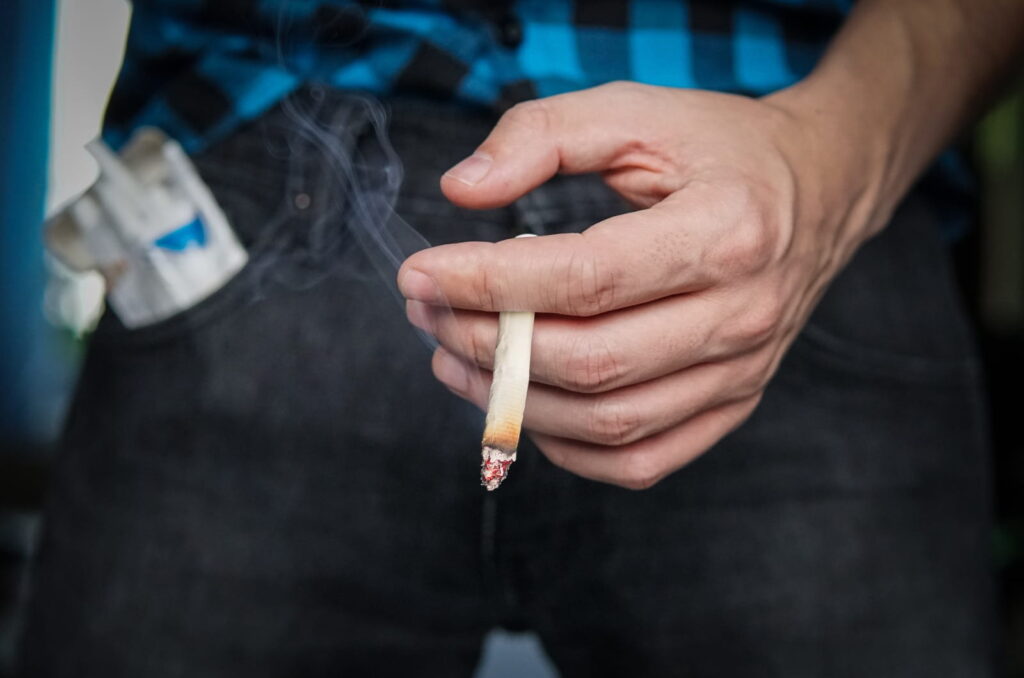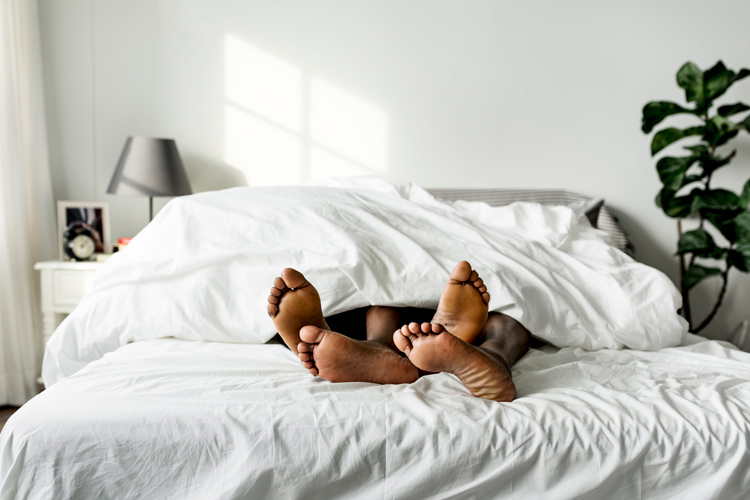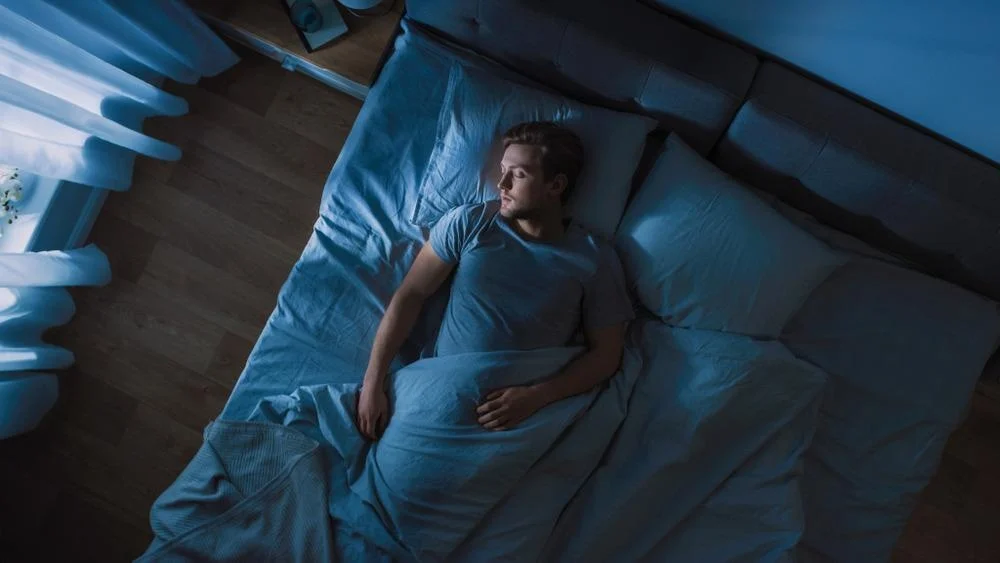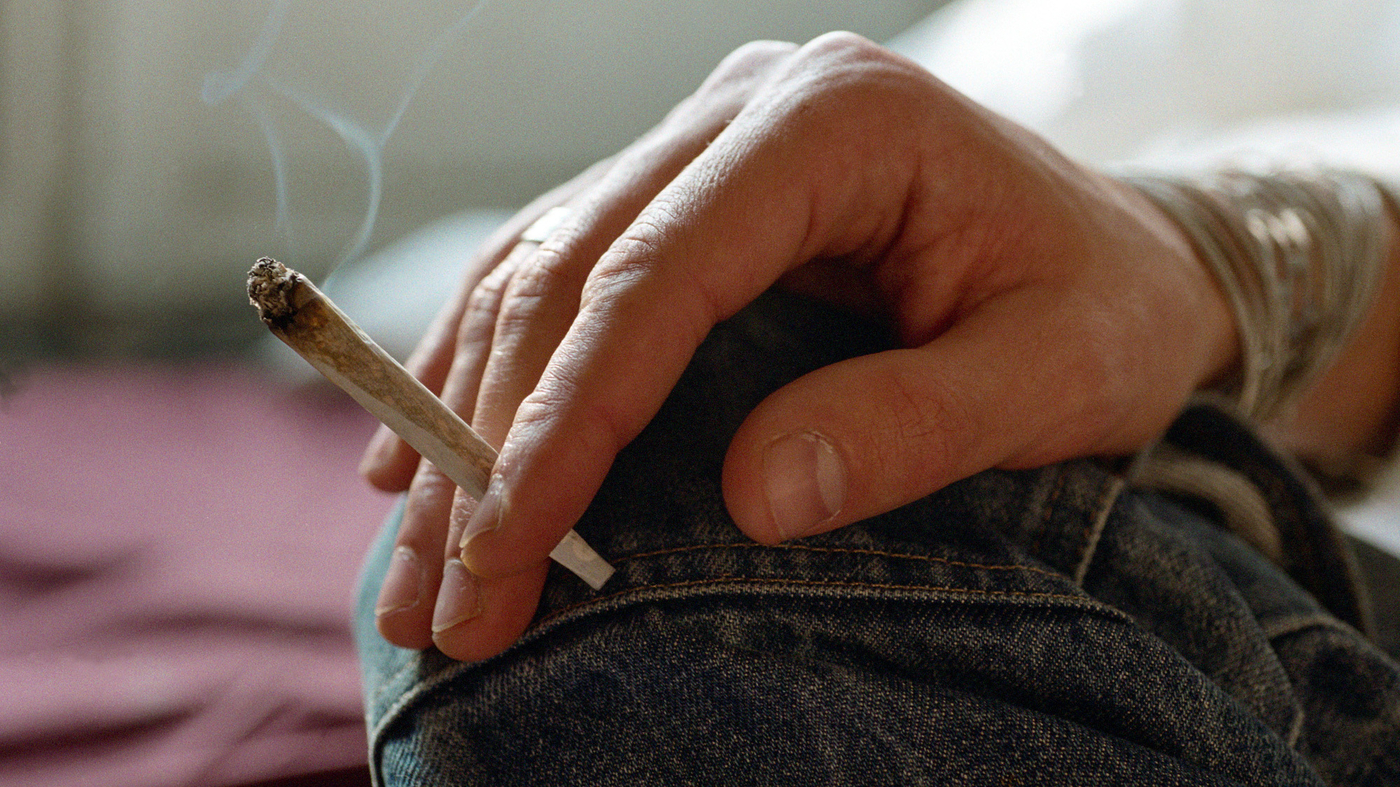Quitting smoking is one of the best decisions you can make for your overall health. From improving lung function to reducing your risk of heart disease, the benefits are undeniable. But if you’ve recently kicked the habit and noticed a dip in your sex drive, you’re not alone — and you’re not imagining it. Many people experience changes in libido after quitting smoking, and while it might seem confusing or even frustrating, it’s often a temporary part of the body’s adjustment process.
Recommended: Why Am I Experiencing Low Libido in Marriage?
In this article, we’ll explore why your sex drive might feel off after quitting, what’s happening in your body, and how to support your sexual health during recovery.
The Link Between Smoking and Libido

Smoking has long been associated with sexual health issues, particularly when it comes to libido and performance. While nicotine may provide a temporary boost in alertness or even create a brief feeling of relaxation, its long-term effects can be far more damaging — especially to sexual function.
Nicotine and other chemicals in cigarettes negatively impact blood flow, a critical factor in arousal and physical sexual response. In men, this can lead to erectile dysfunction; in women, reduced circulation can affect arousal and sensitivity. Over time, smoking also disrupts hormone production — including testosterone, which plays a key role in regulating libido in all genders.
Recommended: Will Pelvic Floor Therapy Help with Hard Flaccid?
In addition to physical effects, smoking can influence mental and emotional well-being. Mood disorders, increased anxiety, and poor body image often associated with smoking can further diminish sexual desire.
Interestingly, some people feel an artificial sense of increased libido while smoking, due to the dopamine release nicotine triggers. But this is short-lived and ultimately masks underlying physiological damage. Once you quit, the body starts to recover — but that same dopamine disruption can temporarily leave you feeling “off,” including in your sex life.
Understanding this link is key to making sense of what’s happening after you quit — and how to rebuild your sexual health moving forward.
What Happens to Your Body After You Quit Smoking?
Quitting smoking sets off a powerful healing process in your body — and while that’s a good thing, it also comes with a series of temporary changes that can affect how you feel physically, emotionally, and even sexually.
1. Hormonal Rebalancing
Nicotine influences the release of several key hormones, including dopamine, adrenaline, and cortisol. When you quit, your body begins to recalibrate its natural hormone production. This sudden shift can lead to mood swings, fatigue, and — for some — a temporary drop in libido, especially as testosterone levels adjust.
2. Circulatory System Recovery
Smoking constricts blood vessels and reduces oxygen flow throughout the body. Within weeks of quitting, blood circulation begins to improve. While this ultimately benefits sexual function and sensitivity, the adjustment phase can come with inconsistent energy levels and reduced arousal until full vascular health is restored.
3. Brain Chemistry Changes
Nicotine artificially boosts dopamine — the “feel good” neurotransmitter that plays a role in motivation, pleasure, and yes, sexual desire. After quitting, your brain needs time to naturally regulate dopamine again, which can result in feeling flat or emotionally numb for a while. This drop in pleasure response can directly affect libido.
4. Stress and Withdrawal Symptoms
Nicotine withdrawal affects everyone differently, but common symptoms include irritability, anxiety, restlessness, and trouble sleeping — all of which can decrease sexual interest. The body is under stress, even if it’s healing, and that stress can overshadow libido in the short term.
Recommended: Natural Ways to Increase Testosterone for Better Male Vitality
5. Improved Oxygen and Energy Levels (Eventually)
The good news is that your energy and stamina typically improve within weeks or months after quitting. As lung function returns and oxygen levels increase, you may feel more vibrant and active — which often leads to an improvement in sexual health and desire.
Why Libido Might Drop After Quitting Smoking
It might seem counterintuitive — you quit smoking to feel healthier, but now your sex drive has taken a nosedive. Don’t worry; this is a common and often temporary experience. Here’s why libido can drop after quitting smoking:
1. Dopamine Withdrawal
Nicotine stimulates the release of dopamine, the brain’s “reward” chemical associated with pleasure and motivation, including sexual desire. When you quit smoking, dopamine levels dip as your brain adjusts to functioning without nicotine. This can lead to a temporary emotional flatness or lack of interest in previously enjoyable activities — sex included.
Recommended: Is CoQ10 Effective for Erectile Dysfunction Treatment?
2. Hormonal Fluctuations
Smoking affects hormones like testosterone and cortisol. When you stop, your endocrine system begins to recalibrate. During this transition, testosterone levels may temporarily drop or fluctuate, contributing to a reduced libido. This is particularly relevant for men, but hormonal shifts can affect people of all genders.
3. Increased Stress and Anxiety

Nicotine acts as a stress reliever — albeit an unhealthy one. Without it, stress and anxiety levels can spike, especially in the early weeks of quitting. Chronic stress raises cortisol, a hormone that suppresses sexual desire. So while you’re gaining your health back, your mind might still be too preoccupied to focus on intimacy.
4. Fatigue and Mood Swings
Quitting smoking can cause temporary fatigue, irritability, and mood swings. When you’re physically and emotionally drained, your sex drive naturally takes a back seat. You may also feel less connected to your body, less confident, or more self-conscious during this adjustment phase.
5. Disruption to Routine and Identity
For many, smoking was tied to daily routines and even self-image. The psychological shift of losing that habit can affect your sense of self and emotional well-being. These changes can subtly influence how you relate to your partner or experience intimacy.
Other Lifestyle Changes That May Affect Libido
Quitting smoking often sparks a broader shift in your lifestyle, and some of these changes can also influence your libido — either positively or negatively. Here are a few common factors to consider:
1. Weight Changes
Many people experience weight gain after quitting smoking, partly due to changes in metabolism and increased appetite. While a healthy weight can boost confidence and sexual health, sudden or significant weight gain may impact body image and energy levels, which in turn can affect libido.
Recommended: Will Losing Weight Help Improve Erectile Function?
2. Diet and Nutrition
As your taste buds recover, you might start eating differently — sometimes healthier, sometimes indulging more. What you eat plays a big role in hormonal balance and energy. A diet high in processed foods or sugar can contribute to sluggishness and lower sexual desire.
3. Physical Activity
Exercise is a natural libido booster, improving circulation, mood, and hormone levels. If quitting smoking leads to reduced physical activity due to fatigue or mood changes, your libido might dip. On the flip side, adopting a regular workout routine can help reignite sexual desire.
4. Alcohol and Caffeine Intake
Some people replace cigarettes with increased alcohol or caffeine consumption. While moderate amounts can be fine, excessive drinking or caffeine intake may disrupt sleep, increase anxiety, or interfere with hormone levels — all of which can reduce libido.
5. Sleep Quality
Nicotine affects sleep patterns, and quitting can initially cause insomnia or restless nights. Poor sleep is closely linked to decreased libido, lower testosterone, and higher stress. Improving sleep hygiene is essential for restoring sexual health.
Recommended: Is Lack of Sleep Affecting My Testosterone Levels?
6. Mental and Emotional Health Practices
Quitting smoking is a major life change that may prompt you to explore new ways of managing stress — such as meditation, therapy, or mindfulness. These practices can positively impact libido by reducing anxiety and boosting emotional well-being.
When Will Libido Return to Normal?
One of the biggest questions after quitting smoking is: How long will this low libido last? While everyone’s experience is unique, there are general timelines and factors to keep in mind.
1. The First Few Days to Weeks

Immediately after quitting, your body is flooded with withdrawal symptoms, including mood swings, irritability, and stress — all of which can suppress sexual desire. Dopamine levels are adjusting, and hormonal fluctuations are common. During this initial phase, a dip in libido is normal and expected.
2. Weeks 3 to 6
By this time, many people begin to see improvements in circulation and lung function, which are crucial for sexual health. Hormone levels start stabilizing, and the brain’s dopamine production gradually normalizes. Libido may begin to return, although some may still feel fluctuations depending on stress and lifestyle factors.
3. Two to Three Months and Beyond
For most, libido steadily improves as the body heals. Energy levels rise, sleep quality improves, and emotional well-being strengthens. Circulatory and hormonal systems work more efficiently, supporting a healthier and more consistent sex drive.
4. Individual Differences
Factors like age, overall health, duration and intensity of smoking, and lifestyle habits play a role in recovery time. Some might notice a quicker rebound, while others may take longer. Patience and self-compassion are key.
5. When to Seek Help
If your libido remains low for more than six months or is accompanied by other symptoms like depression or persistent fatigue, it may be time to consult a healthcare professional. Underlying hormonal imbalances or mental health conditions might need addressing.
Recommended: Diet Tips for Naturally Improving Male Performance
How to Support Your Sexual Health After Quitting Smoking
Recovering your libido after quitting smoking is a gradual process, but there are many effective ways to support your sexual health and boost your confidence along the way:
1. Prioritize Stress Management
Quitting smoking can be stressful, so find healthy ways to relax and reduce anxiety. Practices like meditation, deep breathing exercises, yoga, or spending time in nature can help calm your mind and balance hormones.
2. Maintain a Balanced Diet
Eat nutrient-rich foods that support hormonal health, such as leafy greens, nuts, lean proteins, and foods high in zinc and vitamin D. Staying hydrated and limiting processed foods and sugar also help regulate energy and mood.
3. Get Regular Exercise
Physical activity improves blood flow, boosts endorphins, and increases testosterone levels, all of which support a healthy libido. Even moderate exercise like walking, cycling, or swimming can make a significant difference.
4. Improve Sleep Hygiene

Aim for 7–9 hours of quality sleep per night. Establish a consistent bedtime routine, reduce screen time before bed, and create a comfortable sleep environment to help your body fully recover.
5. Communicate Openly
Talk honestly with your partner about how you’re feeling. Sharing your experience can reduce pressure and foster intimacy, helping both of you navigate changes in your sex life together.
Recommended: How to Make Sperm Stronger for Pregnancy
6. Avoid Replacing Smoking with Other Unhealthy Habits
Be mindful of turning to excessive alcohol, caffeine, or junk food as substitutes. These can negatively impact libido and overall health.
7. Consider Professional Support
If low libido persists or is causing distress, don’t hesitate to seek help from a healthcare provider, counselor, or sex therapist. They can offer tailored advice and treatment options.
Conclusion
Quitting smoking is a powerful step toward better health, but it can come with unexpected challenges — including a temporary drop in libido. This change is a normal part of your body’s healing process as hormones rebalance, circulation improves, and brain chemistry adjusts. Understanding why your sex drive might fluctuate after quitting can help you be patient and kind to yourself during this transition.
By adopting healthy lifestyle habits, managing stress, and staying connected with your partner, you can support your sexual health and speed up recovery. Remember, low libido after quitting smoking is usually temporary, and in the long run, quitting can lead to stronger, more satisfying intimacy and overall well-being.
If you find your libido isn’t improving or you’re feeling overwhelmed, don’t hesitate to reach out to a healthcare professional for guidance. Your journey to a smoke-free life includes reclaiming your full vitality — body, mind, and heart.
